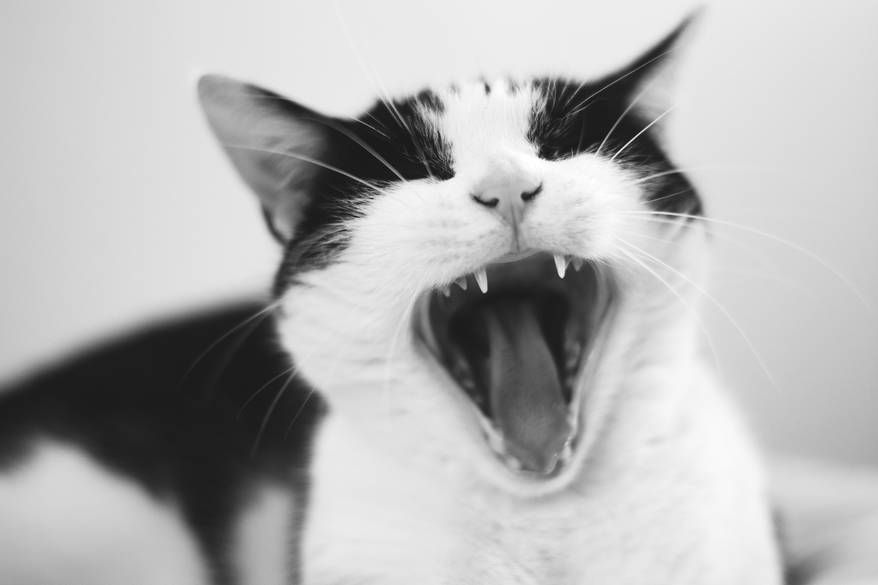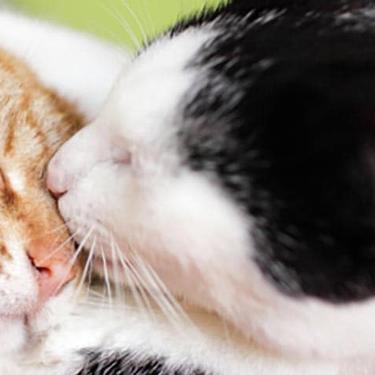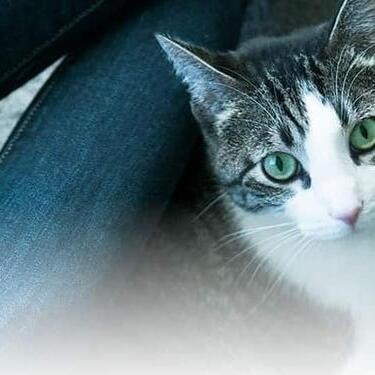
-
Find the right food for your petTake this quiz to see which food may be the best for your furry friend.Find the right food for your petTake this quiz to see which food may be the best for your furry friend.Featured products
 Puppy Large Breed Chicken & Brown Rice Recipe
Puppy Large Breed Chicken & Brown Rice RecipeVital nutrients to support 5 essential building blocks for lifelong health
Shop Now Puppy Sensitive Stomach & Skin Salmon & Brown Rice Recipe
Puppy Sensitive Stomach & Skin Salmon & Brown Rice RecipeDelicious, highly digestible recipe, gentle on stomachs. Nourishes skin & promotes a lustrous coat
Shop Now Adult Chicken & Barley Recipe Dog Food
Adult Chicken & Barley Recipe Dog FoodSupports lean muscle and beautiful coat for adult dogs
Shop NowFeatured products Adult 7+ Chicken Recipe Cat Food
Adult 7+ Chicken Recipe Cat FoodSupports energy level and beautiful fur in mature cats
Shop Now Adult Urinary Hairball Control Chicken & Rice Recipe Cat Food
Adult Urinary Hairball Control Chicken & Rice Recipe Cat FoodActively supports the health of the whole urinary system
Shop Now Kitten Chicken Recipe
Kitten Chicken RecipeVital nutrients to support 5 essential building blocks for lifelong health
Shop Now -
Dog
- Dog Tips & Articles
-
Health Category
- Weight
- Food & Environmental Sensitivities
- Urinary
- Digestive
- Joint
- Kidney
-
Life Stage
- Puppy Nutrition
- Adult Nutrition
- Senior Nutrition
Cat- Cat Tips & Articles
-
Health Category
- Weight
- Skin & Food Sensitivities
- Urinary
- Digestive
- Kidney
-
Life Stage
- Kitten Nutrition
- Adult Nutrition
Featured articles Pet Food Storage Tips
Pet Food Storage TipsDiscover how and where to store your dry, as well as canned, dog and cat food. Learn how to find the "best before" dates on all Hill's pet food packaging.
Read More The Incredible Science Behind Your Pet's Microbiome
The Incredible Science Behind Your Pet's MicrobiomeLearn what a pet's microbiome is, how it contributes to your pet's gut & overall health, and why nutrition is important in maintaining healthy microbiomes.
Read More Water
WaterDiscover why water is the most important nutrient for your dog or cat to live a healthy life. Find out how much water your pet should consume each day.
Read More -


When it comes to brushing cat's teeth, it's never too early to start. As her pet parent, routine cat dental healthcare is an important part of maintaining her overall well-being.
You may not think about your furry friend's oral health while you're brushing your own pearly whites, and many think brushing a cat's teeth is just one of the many cat myths out there, but you can't ignore good feline dental hygiene. Here are a few reasons to adopt a dental hygiene routine and tips and tricks to make the process as successful and easy as possible.
Why Is Oral Care Important?
Just like humans, cats are susceptible to gum disease and tooth loss. "Periodontal disease is the most common clinical condition occurring in adult dogs and cats," states the American Veterinary Dental College (AVDC). "By three years of age, most dogs and cats have some evidence of periodontal disease." The good news? It's preventable. In addition to freshening her breath, brushing your cat's teeth is one of the first steps in disease prevention.
Plaque buildup occurs when bacteria sticks to the teeth, which forms tartar (also known as dental calculus). When plaque and tartar get under the gumline, a "cycle of damage" begins to occur, the AVDC explains, which can lead to gum diseases, like gingivitis and periodontitis. Gingivitis is when the gums redden and swell. Periodontitis is more serious and may result in bone and soft tissue loss. The consequences of poor dental care for cats may be loss of teeth and damage to your pet's internal organs.
Signs to look for with possible dental disease or conditions in your cat are loss of appetite, difficulty chewing, loose (or missing) teeth, severe bad breath, redness or bleeding of the gums, and pawing at her mouth. If you suspect your cat already has a dental issue, make an appointment with your veterinarian right away for an exam and possible teeth cleaning. A professional cleaning procedure requires anesthesia, so be prepared, it might require an overnight stay at the vet's office.

Choosing a Brush
The proper instruments make all the difference. You can use human toothbrushes. Baby toothbrushes are best because they're designed for small spaces and have extremely soft bristles that won't damage your kitty's gums, which is especially important if she already has mouth irritation. There are special pet toothbrushes, including a fingertip brush with tiny nubs on it. You'll also find cat-approved toothpaste at your vet's office or pet supply store in flavors that appeal to your furry friend. Never use human toothpaste for pets because it contains properties, particularly fluoride, that are harmful to animals (remember, your cat can't spit and rinse once you're done brushing).


Tasty Tips
Tips for Successful Brushing
Ideally, you want to practice regular cat dental health when your baby is a kitten. No matter her age, start by getting her used to you poking around in her mouth. You can use a piece of gauze, a wet washcloth, or even your finger in the beginning, focusing on the outside of her teeth and the gumline. It can also be a good idea to wrap her in a towel or blanket when you start this process to keep her from squirming and prevent you from getting scratched.
Once she's comfortable, introduce her to the toothbrush and toothpaste by letting her sniff them a bit. Then, in a day or two, start brushing. "Work quickly," suggests Vetstreet. "You don't need to scrub. Work up to 30 seconds of brushing for each side of the mouth at least every other day." If she's resistant, don't give up! Time and patience go a long way.
Cat parents know that it's not easy to brush a cat's teeth — or do anything they don't want you to do, for that matter! But by keeping your cat's teeth clean, you help ensure your cat has good oral hygiene. Good oral care can lead to a healthier cat overall, so you can spend your days playing together, rather than worrying about her teeth.
Food for Oral Care
In conjunction with regular brushing, consider a cat food formulated for oral health, which may slow or even prevent the development of plaque and tartar. There are also some cat treats out there that help with bad breath and cat oral care, but you should give treats only in moderation because of diet, and they are not sufficient at cleaning your cat's whole mouth. Instead, use them as a reward for being good during teeth cleaning time.


Christine O'Brien is a writer, mom, and long-time cat parent whose two Russian Blues rule the house. Her work also appears in Care.com, What to Expect, and Fit Pregnancy, where she writes about pets, pregnancy, and family life. Find and follow her on Instagram and Twitter @brovelliobrien.
Related products

Supports energy level and beautiful fur in mature cats

Vital nutrients to support 5 essential building blocks for lifelong health

Actively supports the health of the whole urinary system

Supports lean muscle and beautiful fur for adult cats
Related articles

Learn the different factors that might be contributing to your cat's weight gain, and how bigger doesn't always mean better.

What is the best food for an overweight cat? Learn all about weight control food for cats, including what's in it and how it works.

Brushing your cat's teeth is just as important as brushing your own. Learn signs or oral health problems in your cat and how to avoid them.

Discover how to identify cat sensitive skin and what you can do to help your cat thrive from head to paw.

Put your cat on a diet without them knowing
Our low calorie formula helps you control your cat's weight. It's packed with high-quality protein for building lean muscles, and made with purposeful ingredients for a flavorful, nutritious meal. Clinically proven antioxidants, Vitamin C+E, help promote a healthy immune system.
Put your cat on a diet without them knowing
Our low calorie formula helps you control your cat's weight. It's packed with high-quality protein for building lean muscles, and made with purposeful ingredients for a flavorful, nutritious meal. Clinically proven antioxidants, Vitamin C+E, help promote a healthy immune system.

